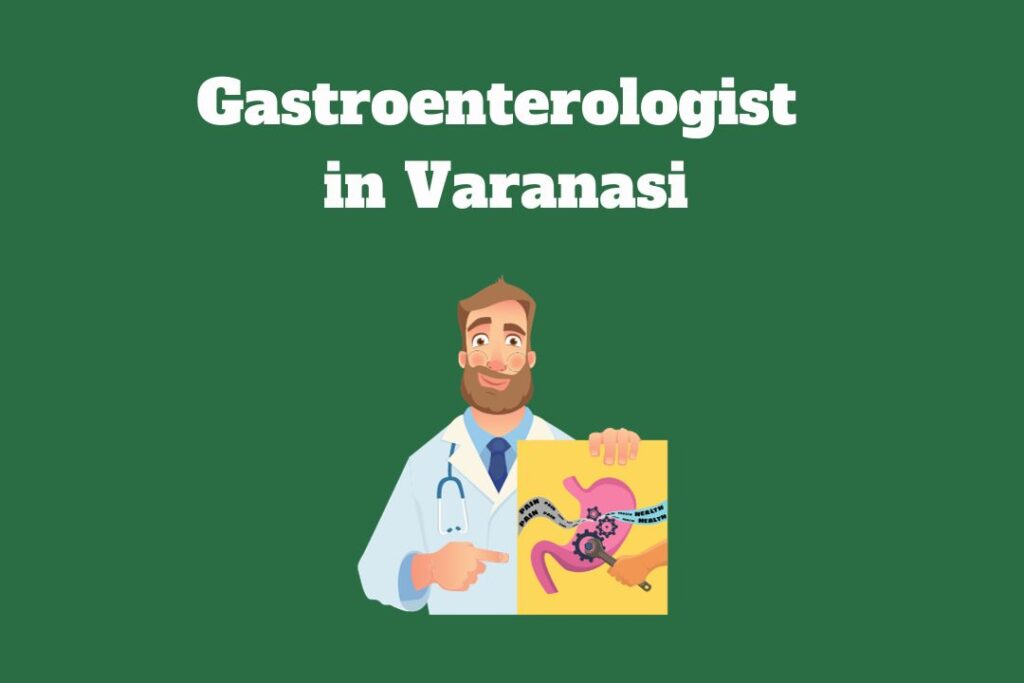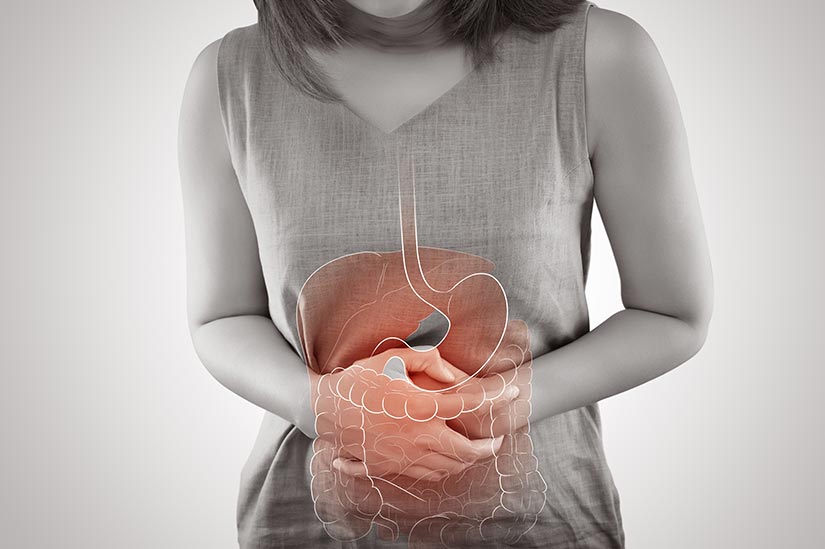Appendicitis is a common medical condition that can affect individuals of all ages. While it is well-known as a source of sudden and severe abdominal pain, many aspects of this ailment remain misunderstood. In this comprehensive guide, we will explore everything you need to know about appendicitis, from its causes and symptoms to diagnosis, treatment, and potential complications.
What is Appendicitis?
Appendicitis is a medical condition characterized by the inflammation of the appendix, a small, tube-like organ located in the lower right side of the abdomen. The appendix, despite its small size and seemingly insignificant role, can lead to significant health issues when it becomes inflamed.
Where Is Your Appendix?
The appendix is a pouch-like structure attached to the cecum, the beginning of the large intestine. Its exact purpose remains a subject of debate among medical professionals. While it is believed to have played a role in digestion in our evolutionary past, its function in modern humans is not well-defined.
What Causes Appendicitis?
Appendicitis is primarily caused by an obstruction in the appendix, leading to an accumulation of mucus, bacteria, and other substances. This obstruction can occur for various reasons, including:
– Fecal Blockage: Often, a hard piece of stool can block the opening of the appendix.
– Infection: Infections in the gastrointestinal tract can lead to inflammation.
– Enlarged Lymphoid Follicles: These are small, round structures in the appendix that can swell and cause a blockage.
The precise cause may vary from person to person, but the end result is the same – inflammation of the appendix.
What Are the Symptoms of Appendicitis?
Recognizing the symptoms of appendicitis is crucial because prompt treatment is essential to prevent the appendix from rupturing. Common symptoms include:
– Abdominal Pain: Typically starting around the navel and then moving to the lower right abdomen, this pain often intensifies quickly.
– Loss of Appetite: Many people with appendix experience a reduced desire to eat.
– Nausea and Vomiting: Digestive discomfort often accompanies appendix.
– Fever: An elevated body temperature is a sign of infection.
– Inability to Pass Gas or Have a Bowel Movement: A sense of blockage in the digestive system.
What Is the Treatment for Appendicitis?
The primary treatment for appendicitis is the surgical removal of the inflamed appendix, a procedure known as an appendectomy. This surgery is typically performed as soon as possible to prevent the appendix from rupturing, which can lead to severe complications.
What Are the Early Signs of Appendicitis?
Recognizing the early signs of appendix can be challenging, as they may be mild and easily mistaken for other conditions. Some early indicators include:
– Mild Abdominal Pain: Discomfort that begins near the navel and then shifts to the lower right abdomen.
– Loss of Appetite: A decreased desire to eat.
– Nausea: Feeling queasy or unsettled in the stomach.
What Are Other Possible Symptoms of Appendix
In addition to the classic symptoms, some individuals with appendix may experience other signs, such as:
– Diarrhea: An increase in bowel movements.
– Frequent Urination: An urge to urinate more often.
– Constipation: Difficulty passing stools.
– Rectal Pain: Pain in the rectum or back passage.
What Other Conditions Might Be Confused with Appendicitis?
Several conditions can mimic the symptoms of appendicitis, making an accurate diagnosis crucial. Some of these conditions include:
– Gastroenteritis: An infection of the intestines.
– Kidney Stones: Can cause severe abdominal or flank pain.
– Pelvic Inflammatory Disease (PID): Inflammation of the female reproductive organs.
– Inflammatory Bowel Disease (IBD): Conditions like Crohn’s disease or ulcerative colitis.
– Ovarian Cysts: Fluid-filled sacs that can develop in the ovaries.
What Are the Possible Complications of Appendicitis?
When appendicitis is left untreated or when there is a delay in seeking medical attention, it can lead to several serious complications, including:
– Appendix Rupture: This can cause infection throughout the abdominal cavity.
– Abscess Formation: Pus can accumulate in the abdomen, requiring drainage.
– Peritonitis: Inflammation of the abdominal lining can be life-threatening.
– Intestinal Obstruction: A blockage in the intestine may occur.
Diagnosis and Tests
To diagnose appendicitis, healthcare providers rely on a combination of medical history, physical examinations, and diagnostic tests. Some of the common diagnostic tests include:
– Physical Examination: The doctor checks for signs of tenderness and inflammation in the abdomen, as well as pain responses to certain tests like the rebound tenderness test.
– Blood Tests: An elevated white blood cell count is often indicative of an infection.
– Imaging Tests: Ultrasound and computed tomography (CT) scans are often used to visualize the appendix and confirm the diagnosis.
Management and Treatment
The primary treatment for appendicitis is the surgical removal of the inflamed appendix, a procedure known as an appendectomy. This surgery is typically performed as soon as possible to prevent the appendix from rupturing, which can lead to severe complications.
The surgical approach may involve traditional open surgery or a minimally invasive laparoscopic procedure, depending on the individual case and the surgeon’s preference. Laparoscopic appendectomy is less invasive, resulting in smaller incisions and a shorter recovery time.
Appendix Complications
When appendicitis is not treated promptly, or if the appendix ruptures, several complications can arise:
–
Peritonitis: The infection can spread to the abdominal lining, causing severe inflammation.
– Abscess: Pus may accumulate, necessitating drainage.
– Intestinal Obstruction: A blockage in the intestine can occur.
– Sepsis: A severe infection can lead to sepsis, a life-threatening condition.
– Fistula Formation: Abnormal connections between organs or the skin may develop.
Frequently Asked Questions
Q1: Can appendicitis resolve on its own?
A1: Appendicitis does not typically resolve on its own. Prompt medical intervention is required to prevent complications.
Q2: Is there any way to prevent appendicitis?
A2: Appendicitis prevention is not well-understood. It is crucial to seek medical attention promptly if you suspect appendicitis.
Q3: How long is the recovery time after appendectomy?
A3: The recovery time can vary but is generally around 2-4 weeks. Laparoscopic appendectomy often has a shorter recovery period than open surgery.
Conclusion
Appendicitis is a condition that demands immediate medical attention. Its potential for complications, such as a ruptured appendix or peritonitis, underscores the importance of recognizing its symptoms and seeking timely treatment. If you experience abdominal pain or other symptoms consistent with appendicitis, do not hesitate to contact a healthcare professional. For expert care, you can reach out to Georgian Superspeciality Hospital at 7991508183 or email them at info@gshri.com. Your health and well-being are of paramount importance, and early intervention can make all the difference in the successful management of appendicitis.


